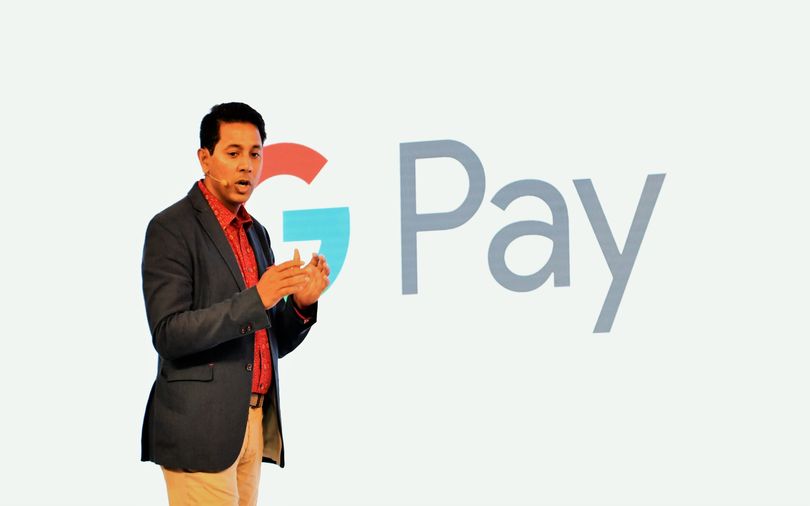
Paytm says rival Google Pay may be using customer data for monetary gains


Google Pay, the flagship digital payments platform of the US-headquartered software giant, is facing questions over whether it shares Indian customer data with affiliates and third parties for monetary gains.
Rival service Paytm has written to National Payments Corporation of India (NPCI), the umbrella body for digital payments in the country, claiming that Google Pay’s privacy policy enables it to collect, share, use and disclose the personal data of users for advertisements and promotions. TechCircle has reviewed a copy of the letter dated September 13.
Google Pay, which was until last month known as Tez, facilitates payments via Unified Payments Interface (UPI), NPCI’s single-window mobile payment system. Google Pay India said earlier this week that it has 25 million monthly active users and 1.2 million businesses on its platform.

The letter addressed to NPCI’s managing director and chief executive officer Dilip Asbe further stated that Google Pay could be collecting users’ navigations, logs and correspondence data with unnamed third parties at a time when India is putting together a personal data protection bill that will provide guidelines for storage and processing of customer data in the country.
Paytm did not comment on the redressal measures it is seeking.
“As the Indian payments ecosystem is evolving at a fast pace, all players should get a level-playing field and policies should be same for all. In the light of the above-mentioned submission, we sincerely hope that NPCI would revisit the Payments Policy of Google Pay for India,” the letter stated.

In response to specific queries, a Google spokesperson said that the Google Pay app does not use individual UPI transaction data for monetisation purposes.
“Google Pay users have a direct relationship with Google - as per Google Pay terms of service a Google Account is opened with Google LLC. A common Google Account allows for checks and controls required for managing risk, fraud, spam, and for enhancing security measures, that are applied across Google products,” a Google spokesperson told TechCircle. “It runs as a common thread across Google products allowing for seamlessness of service that a user can avail of and benefit from.”
The spokesperson further added: “Google Pay shares user data as may be required for the purpose of processing transactions or providing Google Pay Services with our authorised partners. These include participating banks, banks on UPI infrastructure, bill aggregators, merchants on the Google Pay for Business program and with whom the users are transacting and billers such as utility services etc. Sharing of this information is in accordance with the applicable laws and requisite consent obtained from the user and in conformity with standard industry practice.”

Instant messaging platform WhatsApp, which has over 200 million users in India and has been looking to formally launch a UPI-based payments service, earlier faced similar concerns over sharing data with parent Facebook.
After the country’s IT ministry raised concerns, WhatsApp had updated its privacy policy and clarified that Facebook does not use its data for commercial purposes. However, other regulatory hurdles have kept its launch in abeyance.

Earlier this year, Paytm was at the centre of a controversy over data privacy after a sting operation by media portal Cobrapost appeared to suggest that the Vijay Shekhar Sharma-led company had shared user data with a political organisation following orders from the Prime Minister's Office.
Paytm had denied the allegations and referred to its privacy policy, which states that the company will not sell, share or rent users’ personal information to any third party.
